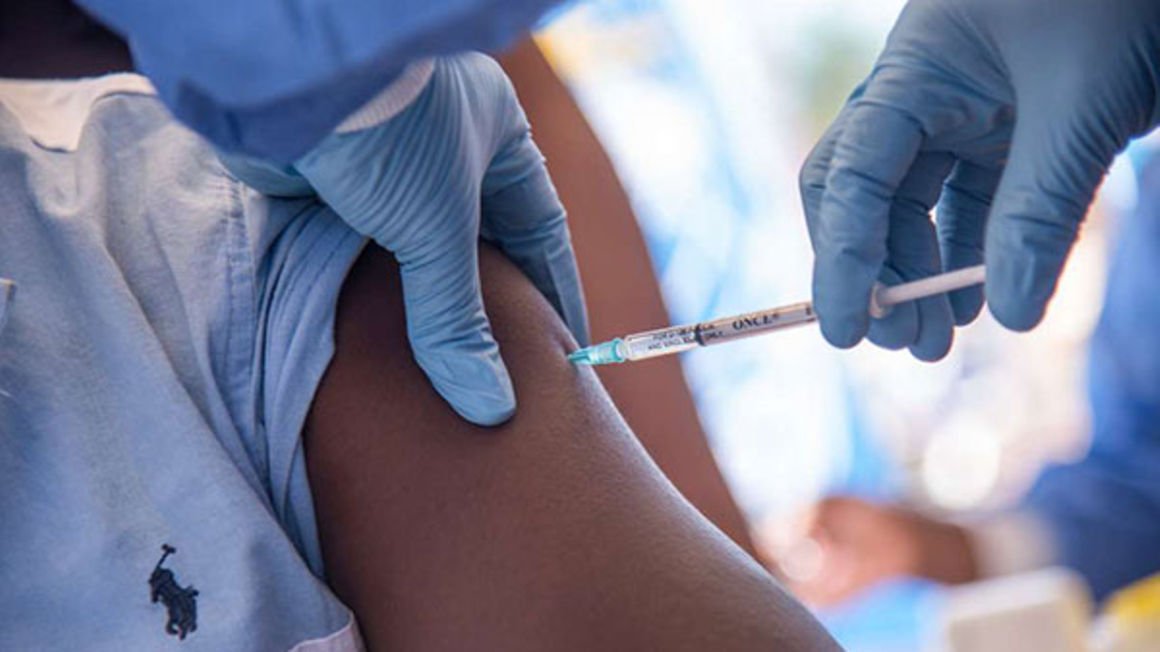The Democratic Republic of Congo said Thursday that the latest Ebola outbreak was officially over, as the country marked 42 days with no new cases.
The start of the latest outbreak was confirmed on October 8 after a three-year-old boy died in Beni, North Kivu province in eastern DR Congo.
Authorities then confirmed 8 more cases and 3 probable ones as well as nine deaths in the area over the next two months, with more than half of the cases involving children under the age of five.
Health Minister Jean-Jacques Mbungani said the outbreak was detected late because of a strike by healthcare workers in the area.
On Thursday he declared the outbreak officially over.
The World Health Organization confirmed that no new cases have been reported at the end of a 42-day countdown, two incubation periods after the last confirmed case emerged.
Surveillance
“After 42 days of reinforced surveillance without a new confirmed case… I am happy to declare the end of the 13th epidemic of the Ebola virus disease” in North Kivu, Mbungani said in Kinshasa.
The WHO says that since the official declaration of the 13th outbreak in North Kivu, “intense work has been carried out by infection control teams to limit the spread of Ebola”.
To fight the disease, more than 1,800 people have been vaccinated in a campaign that began just five days after the first case was detected.
Dr Matshidiso Moeti, WHO Regional Director for Africa, said, “This outbreak marks the first time that the recently licensed Ebola vaccine ERVEBO has been used in the country. ERVEBO is the same as the compassionate vaccine, but as a licensed vaccine, it is less operationally burdensome to deploy,” the WHO added.
“During this outbreak, DRC was able to limit widespread infections and save lives. Critical lessons are learned and applied to every outbreak experience.”
“Enhanced disease surveillance, community engagement, targeted vaccination and rapid response are more effective in containing Ebola in the region.”
Treatment
Two patients were cured after receiving treatment, including with the REGN-EB3 cocktail of monoclonal antibodies approved by the US Food and Drug Administration at the end of last year.
Several contacts of the infected were also vaccinated with an anti-Ebola jab soon after the outbreak was detected, helping to contain its spread.
In early May, the DRC declared the end of its 12th Ebola outbreak, during which 12 cases were reported, with six deaths and hundreds of people vaccinated.
Ebola is a viral haemorrhagic fever that was first identified in central Africa in 1976. The disease was named after a river in the Democratic Republic of Congo, then known as Zaire.
Human transmission is through body fluids, with the main symptoms being fever, vomiting, bleeding and diarrhoea.

.jpeg&w=60&q=100&h=60)




.jpeg&w=60&q=100&h=60)






